Ken Saro-Wiwa placed destructive oil extraction in the Niger Delta on the international agenda and rejected the notion that oil would bring prosperity to Nigeria.
“If we had a proper system, they would have discovered that oil isn’t that much money anyway,” Saro-Wiwa told DW in November 1993.
He said, “Oil is causing a lot of destruction, the price of which the country has not paid and will pay in the times to come. Therefore, instead of keeping an eye on oil, people should look for other sources of livelihood.”
A few days later, military general Sani Abacha established a brutal dictatorship in Nigeria. Two years after that, Saro-Wiwa – along with eight other activists, known as the “Ogoni 9” – died.
His supporters say the activists were murdered by a corrupt system that wanted to continue profiting from oil extraction. Yet the legacy of Saro-Wiwa lives on.
Nimmo Bassey, now one of the Niger Delta’s most prominent environmental activists, calls him a “courageous man” and a “visionary”.
“He was way ahead of his time,” Bassey told DW.
Destructive oil extraction begins in Niger Delta
In the 1950s, Shell, then a Dutch company, discovered oil in the Niger Delta. This led to uncontrolled environmental destruction – against the wishes of the Ogoni people who lived there. Soon, oil pollution became visible: water was no longer potable, large areas were no longer suitable for farming. Decades of protest by Ogoni representatives was unsuccessful.
The resistance gained new momentum when Saro-Wiwa, an intellectual already known as a writer and playwright, founded the Movement for the Survival of the Ogoni People (MOSOP) in 1990. MOSOP argued that Shell’s activities were destroying the area’s environment and did not benefit local people.
The organization attracted global attention and in 1994, Saro-Wiwa and MOSOP won the prestigious Right Livelihood Award.
resistance to sero-viva
Nimmo Bassey, herself a writer and Right Livelihood Award winner, says Saro-Wiwa was fearless: “People like to be more politically correct. But he simply called out what was going on: an environmental genocide against the Ogoni people.”
In 2011, the United Nations Environment Program (UNEP) published the first scientific analysis of the pollution, which confirmed that oil production in Ogoniland had indeed caused an ecological disaster.
Saro-Wiwa’s protest movement also threatened to disrupt oil operations. In early 1993, MOSOP organized a peaceful protest involving approximately 300,000 Ogoni in Rivers State. Shortly afterwards, Shell laid off most of its employees for safety reasons and drastically cut production. Saro-Wiwa told DW in November that year: “When the federal government takes 97% of the oil money but doesn’t remove 97% of the pollution, it’s doing something wrong.”
Nigerian military dictatorship
Tension increased after Abacha seized power. The government took advantage of divisions within the protest movement. In May 1994, four Ogoni leaders were assassinated. The government charged Saro-Wiwa and eight other Ogoni leaders. Despite international support and awards for Saro-Wiwa and MOSOP, the “Ogoni 9” were sentenced to death and hanged on November 10, 1995.
The execution sparked global outrage, leading to Nigeria’s suspension from the Commonwealth for more than three years.
Some witnesses later claimed that they were bribed by the government or said that Shell had promised them jobs. The exact role of the shell has never been fully clarified. In 2009, the oil company paid a total of $15.5 million (about €13 million today) to relatives of the Ogoni 9. Shell said it was a “humanitarian gesture” and not an admission of guilt.
little progress
Economist Priscilla Airohi-Elikor of the Center for the Study of the Economics of Africa sees slow progress on oil pollution in the Niger Delta. She says that a major success of the MOSOP movement is that “Shell has not drilled for oil in Ogoniland since 1993.”
Yet leakage from oil facilities continued to pollute the environment.
After the Abacha dictatorship, Nigeria established the Niger Delta Development Commission (NDDC). In 2016, then-President Muhammadu Buhari followed a UN recommendation to launch a billion-dollar effort to clean up the Niger Delta.
Shell’s responsibility remains a sticking point: in 2021, after a lengthy legal battle, the company was ordered to compensate farmers in the Niger Delta.
“In most cases, they have actually settled with many of these communities,” says Airohi-Elicor.
“But this amounts to an acknowledgment that these communities should not be held responsible for what they are suffering. The company has also escaped the community’s scrutiny.”
Airohi-Elicor says Shell argues that most of the pollution was caused by sabotage.
In June, a British court ruled that Shell could indeed be held liable for environmental damage in the Niger Delta. It is not clear whether this will lead to binding decisions.
Sorry ‘not enough’
30 years after the execution of the Ogoni 9, the Nigerian government announced amnesty, granting high national honors to Ken Saro-Wiwa and eight of his fellow activists. Four Ogoni leaders killed earlier were also honoured.
For Nimmo Bassi, this is a travesty: “It is not enough. You do not forgive a man who has committed no crime.”
He says that accepting forgiveness is accepting guilt. Bassey is also angry that Nigeria is negotiating new oil production in the Niger Delta – while old damage has not been repaired. Shell now wants to drill in the deep sea, thereby avoiding national jurisdiction. He argues that now is the time to leave the fossil fuel era behind.
oil price
Depending on the data source, oil, petroleum products and gas generate 85% to 92% of Nigeria’s export revenues.
Expert Priscilla Airohi-Elikor says Nigeria is also being affected by climate change-related floods and heat waves – and urgently needs resources to deal with these impacts. Ken Saro-Wiwa’s warning not to rely too much on oil revenues seems prescient to him: “If the country does not act at the appropriate time, the oil revenues will go into the cleanup of these communities. If we calculate the environmental costs of a gas flare or an oil spill you will find that the nation is suffering losses.”
This article was originally published in German.
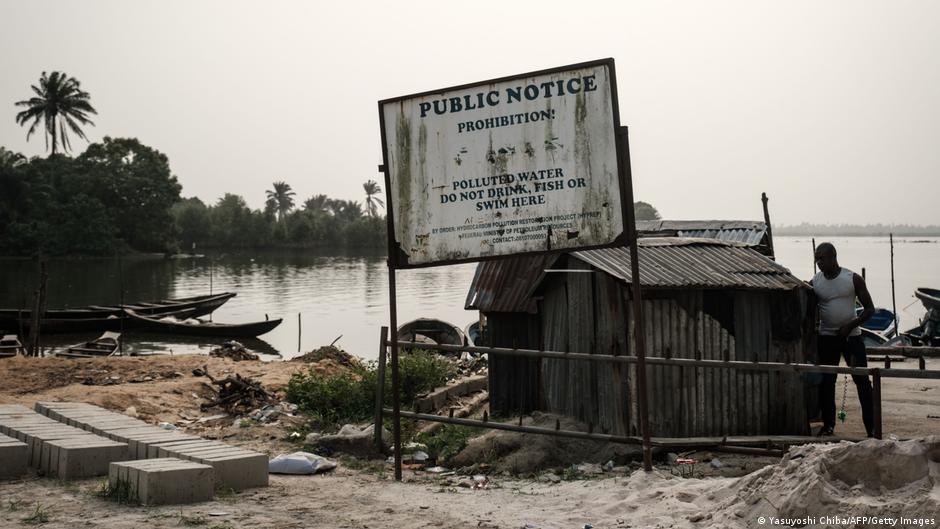
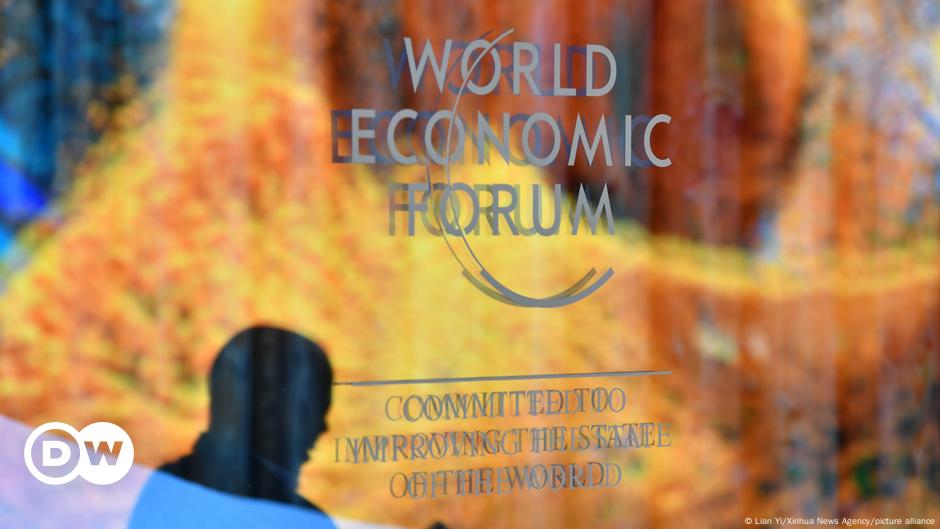
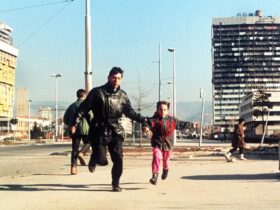
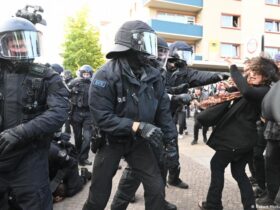
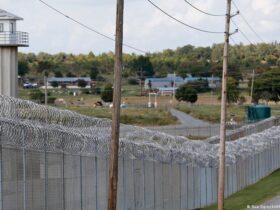

Leave a Reply